Life isn’t always a level playing field, and some people have a tougher start than others.
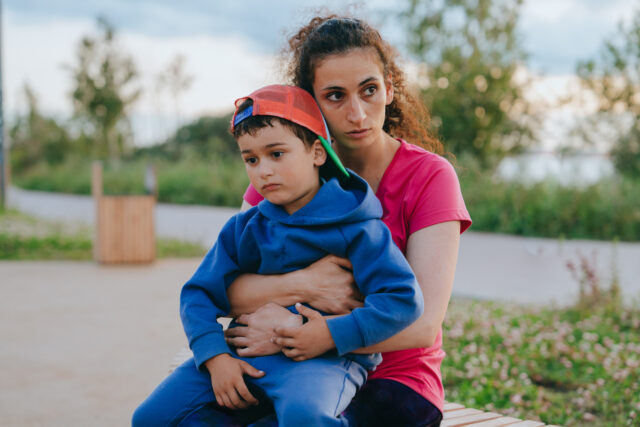
The things we go through growing up can have a huge impact on who we become as adults. Often times, the traits and behaviours we have stem back to our childhoods, and not always in positive ways. Here are some things that might happen to those who didn’t get off to the best start in life.
1. It’s common to develop trust issues if you didn’t have reliable caregivers in your early years.

When the people who were supposed to protect and care for you were inconsistent or unreliable, it can be hard to trust people later in life. You might find it nearly impossible to let people in, constantly questioning their motives or expecting them to let you down.
2. It’s understandable to struggle with setting boundaries if your boundaries were consistently violated as a child.
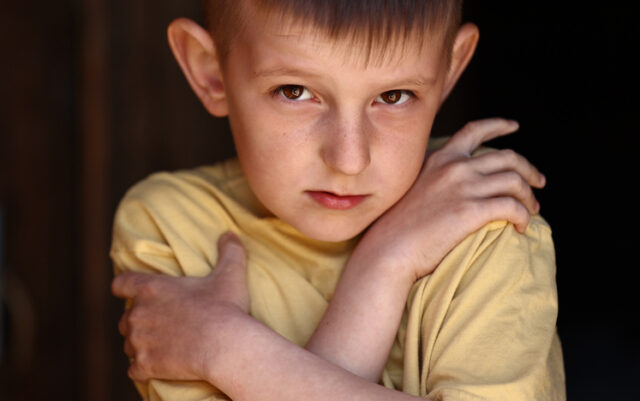
If you grew up in an environment where your personal space, feelings, or needs were disregarded, you might have trouble establishing and enforcing healthy boundaries as an adult. This can lead to you feeling overwhelmed, taken advantage of, or constantly putting everyone else’s needs before your own.
3. It’s not uncommon to have a strong need for control if you experienced chaos or unpredictability in your early life.

When your childhood was marked by instability or a lack of control, you might develop a strong need for control in adulthood. This can manifest as micromanaging, trouble delegating, or an aversion to change and spontaneity.
4. You might find it hard to form and keep healthy relationships if you didn’t have positive role models for relationships growing up.
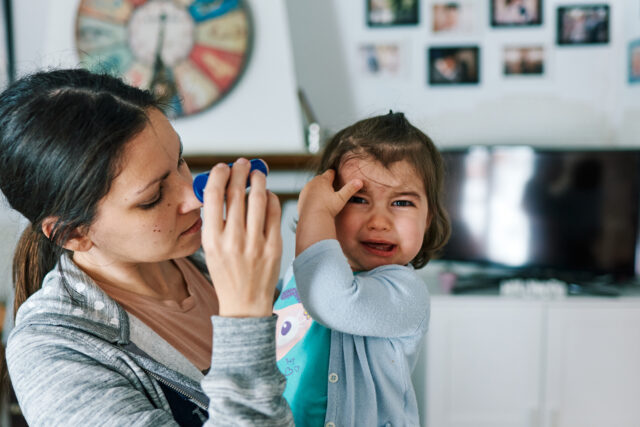
If you didn’t witness healthy relationships in your childhood, you might struggle to navigate intimacy, communication, and conflict resolution in your own relationships. This can lead to patterns of codependency, avoidance, or attracting unhealthy partners.
5. It’s not unusual to struggle with self-esteem and self-worth if you were subjected to criticism or neglect as a child.

Negative messages and experiences in childhood can leave deep scars on your sense of self. You might struggle with feelings of inadequacy, self-doubt, or a constant need for external validation. Building self-esteem and recognising your inherent worth can be a lifelong journey.
6. You might develop a people-pleasing tendency if you learned that your needs were less important than everyone else’s.
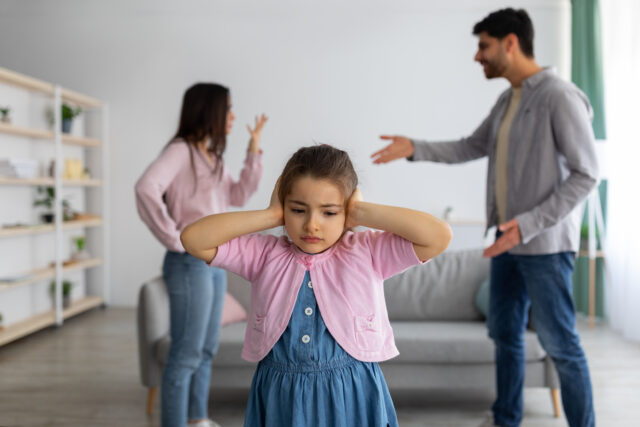
If you grew up feeling like your needs and wants were secondary to other people’s, you might develop a pattern of people-pleasing in adulthood. This can lead to you constantly putting your needs on the back burner, neglecting your own well-being, and struggling to say no.
7. It’s understandable to have trouble expressing your emotions if you were discouraged from doing so as a child.

If your emotions were dismissed, invalidated, or punished in your childhood, you might learn to suppress them as an adult. This can lead to trouble identifying and expressing your feelings, as well as challenges in forming close and intimate relationships.
8. You may develop anxiety or hypervigilance if you grew up in an unsafe or unpredictable environment.
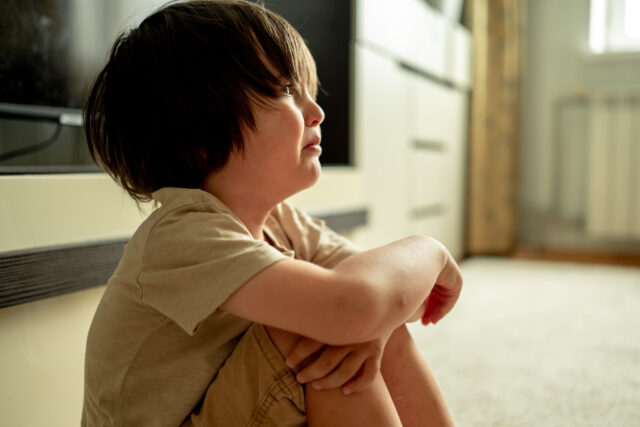
When your childhood was marked by danger or instability, you might develop a heightened sense of anxiety or hypervigilance as an adult. This can manifest as constant worry, struggling to relax, or a tendency to anticipate and prepare for the worst.
9. It’s common to struggle with perfectionism if you grew up with high expectations or conditional love.
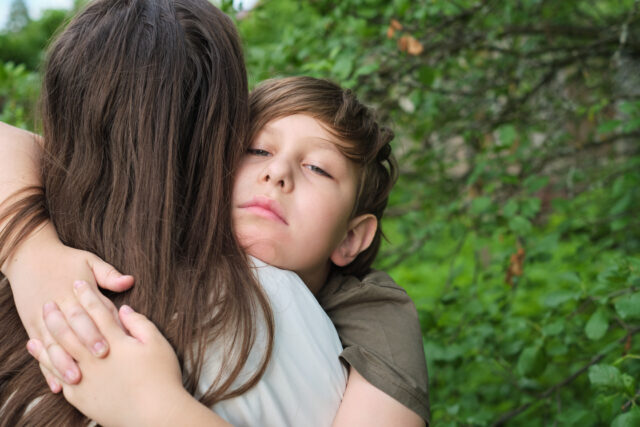
If your love and acceptance were contingent on your achievements or behaviour as a child, you might develop a strong need for perfectionism in adulthood. This can lead to constant striving for unattainable standards, fear of failure, and trouble accepting your imperfections.
10. It’s not uncommon to experience emotional dysregulation if you experienced trauma or neglect in your early years.
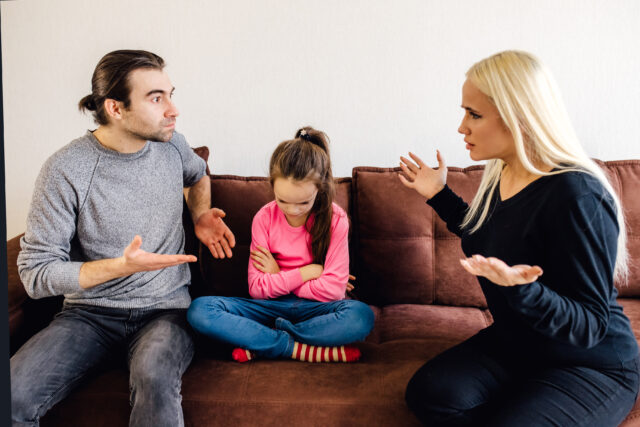
Trauma and neglect can disrupt the development of healthy emotional regulation skills. As an adult, you might experience intense emotional reactions, find it hard to calm down after feeling upset, or have a tendency to numb your emotions with unhealthy coping mechanisms.
11. You might develop a fear of abandonment or rejection if you experienced loss or separation in your childhood.

If you experienced the loss of a loved one, abandonment, or rejection in your early years, you might develop a deep-seated fear of these experiences in adulthood. This can lead to clinginess, trust issues, or a tendency to sabotage relationships out of fear of being left.
12. It’s understandable to struggle with setting goals and making decisions if you didn’t have the opportunity to develop these skills as a child.
 Source: Unsplash
Source: Unsplash If you weren’t encouraged to set goals or make independent decisions as a child, you might find these tasks challenging in adulthood. This can lead to feeling lost, directionless, or reliant on other people for guidance and validation.
13. You may experience feelings of guilt or shame if you internalised negative messages about yourself or your family.

If you grew up with negative messages about yourself, your family, or your circumstances, you might internalise these beliefs and carry them into adulthood. This can lead to feelings of guilt, shame, or a sense of unworthiness.
14. You might not trust your own judgement or intuition if your thoughts and feelings were dismissed or invalidated as a child.
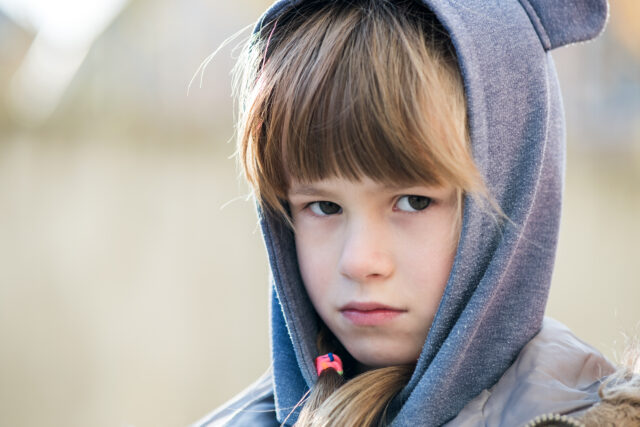
If your opinions and perspectives were consistently disregarded or belittled in your childhood, you might develop a lack of trust in your own judgement and intuition. This can lead to second-guessing yourself, needing constant reassurance from people, or relying on external validation to make decisions.
15. It’s common to not be able to accept compliments or positive feedback if you weren’t praised or acknowledged for your accomplishments as a child.
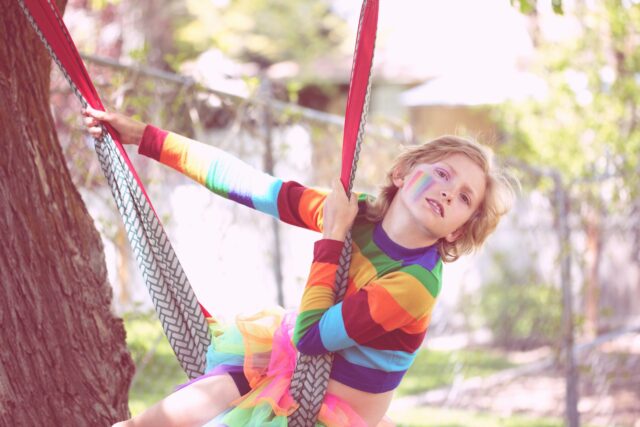 Source: Unsplash
Source: Unsplash If your achievements were overlooked or minimised in your childhood, you might struggle to accept compliments or positive feedback as an adult. This can lead to deflecting praise, downplaying your accomplishments, or feeling uncomfortable with recognition.
16. You might develop a tendency to isolate yourself or avoid social situations if you experienced rejection or bullying in your early years.

Negative social experiences in childhood can leave lasting scars. You might develop a fear of rejection or social anxiety, leading you to withdraw from social situations or avoid forming close relationships.
17. It’s important to remember that healing and growth are possible, even if you didn’t have a healthy start in life.
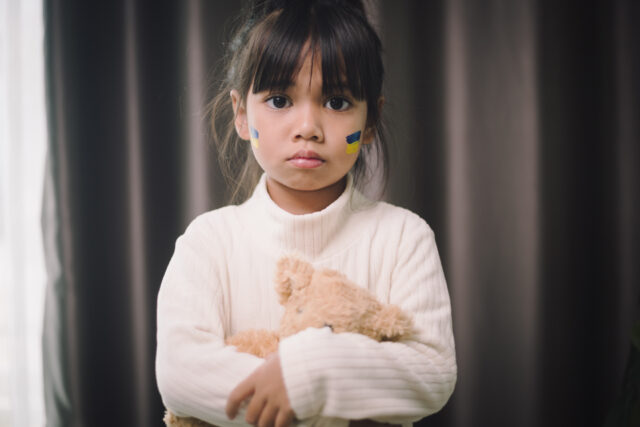
While the impact of early experiences can be significant, it’s important to remember that you’re not defined by your past. With self-awareness, support, and a willingness to work on yourself, you can overcome challenges, develop healthy coping mechanisms, and create a fulfilling and meaningful life.




